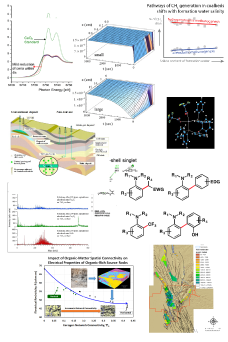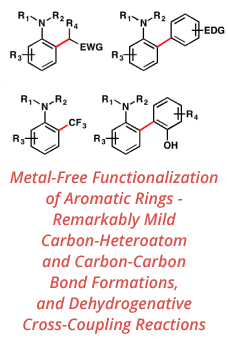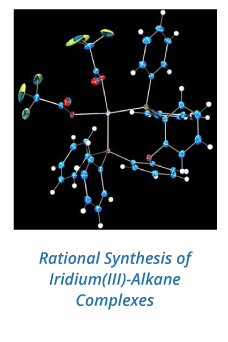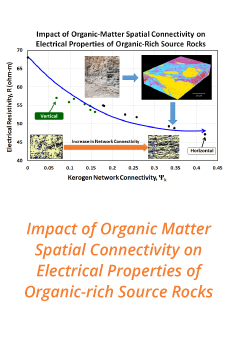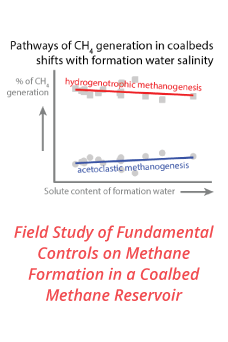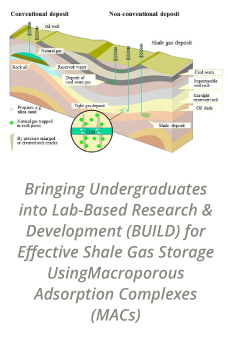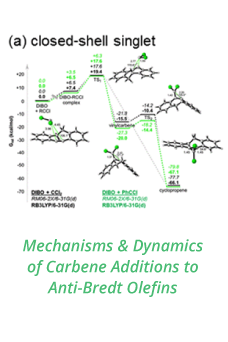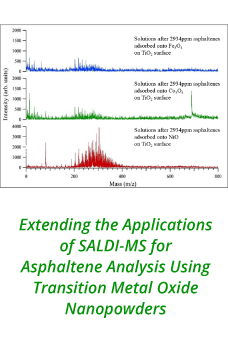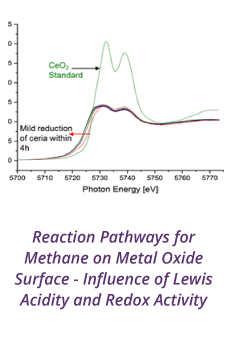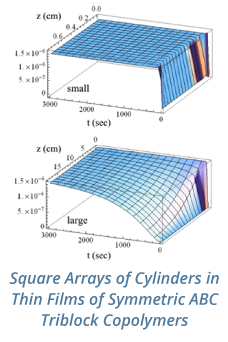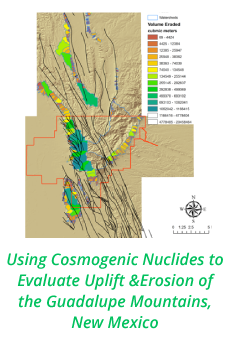Reports: UR152168-UR1: Development and Mechanistic Studies of New Applications for the Mitsunobu Reaction
Rongson Pongdee, PhD, Sewanee: The University of the South
Research Progress:
During the most recent grant period, we have begun investigating the mechanism of our non-classical Mitsunobu reaction. We believe that our variant of the Mitsunobu reaction proceeds via a mechanism involving the intermediacy of an acyloxyphosphonium ion rather than the commonly accepted alkoxyphosphonium ion. We have elected to utilize different nuclear magnetic resonance (NMR) experiments, 1H, 13C, and 31P, in our attempts to provide evidence for our proposed mechanism that is outlined below.
To date, our NMR work has centered on the elucidation of the initial steps leading to formation of an intermediate such as 1.8 in our proposed mechanism. Following similar protocols to the original NMR work on uncovering the mechanism of the Mitsunobu reaction from earlier work, we have so far not observed resonances that would indicate the existence of an acyloxyphosphonium ion such as 1.8. Moreover, tweaks to the order of addition as well as performing NMR experiments at sub-ambient temperatures have not revealed the possible presence of an intermediate such as 1.8. We are currently reevaluating our proposed mechanism in light of our NMR findings.
Impact on Undergraduate Students and PI:
Nearly all of the chemistry majors at Sewanee: The University of the South would like to pursue a summer research opportunity on campus in order to strengthen their understanding of fundamental chemical principles as well as bolster their laboratory skills — benefits that are increasingly important to developing a successful graduate/medical school application. However, summer research opportunities are in high demand on our campus. While Sewanee has been increasing funding for summer research opportunities, there is never enough funding for every request. While we are proud of the level of research activity at Sewanee, we recognize that every year several interested and highly motivated students are not able to participate due to a lack of funding. This ACS-PRF grant has provided an important opportunity for our students to gain valuable research experience in the chemical sciences. Because of the importance that the undergraduate research experience plays in students’ decisions to pursue graduate study, this ACS grant may also have a significant impact on motivating even more of our students to pursue graduate study in chemistry.
The PI has an active and productive research program supported entirely by extramural funding from both private and federal agencies. Dr. Pongdee is a staunch advocate of the education through research paradigm and has made engaging undergraduate students in independent research projects a priority during his academic career. This ACS-PRF grant has enabled the PI to provide competitive funds for undergraduate summer research stipends, the purchase of chemical reagents, and consumable supplies. Furthermore, this grant has enabled the PI to remain intellectually engaged, while also allowing his research students to gain invaluable experience in communicating science, within the discipline while traveling to present research findings at conferences and symposia.


